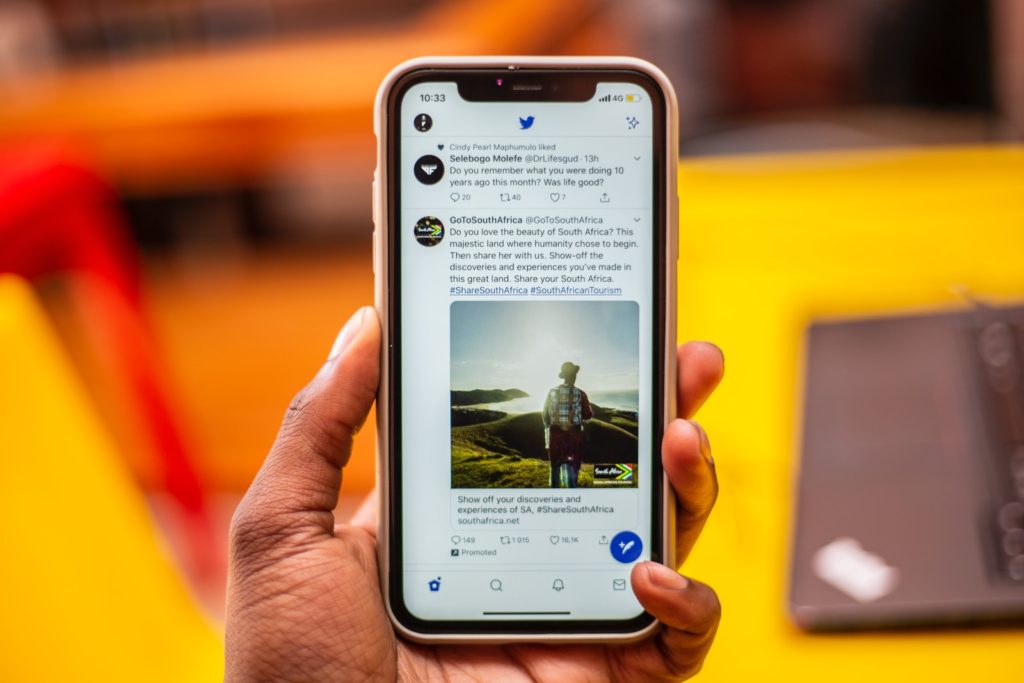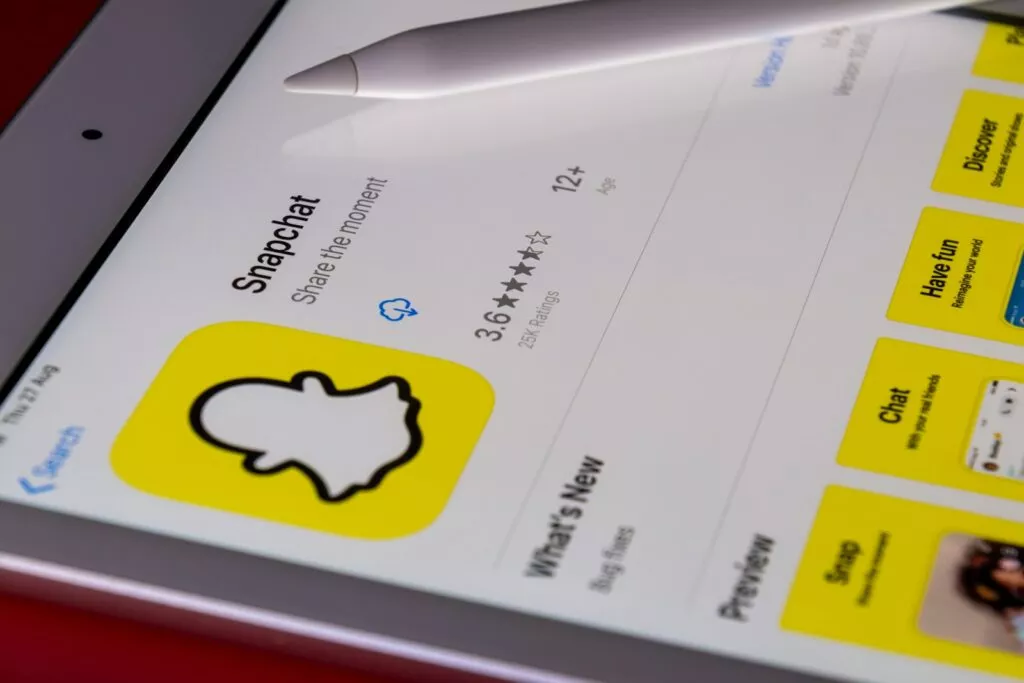Twitter is updating its policy to forbid state-affiliated accounts from displaying media featuring prisoners of war (PoWs) as the invasion of Ukraine continues.

Specifically, Twitter cites Article 13 of the Geneva Convention III forbidding the abuse of prisoners of war or psychological abuse (essentially, using them for propaganda purposes and other media).
Yoel Roth (@yoyoel) posted on his Twitter account in this regard, “Beginning today, we will require the removal of Tweets posted by government or state-affiliated media accounts which share media that depict prisoners of war in the context of the war in Ukraine.”
And from the official blog post about the change:
“We are guided by international humanitarian law, specifically Article 13 of Geneva Convention III (on protecting prisoners of war (PoWs) from any physical or psychological abuse or threat thereof, and encompasses a prohibition on humiliating them) and do not want Twitter to be used by state actors to infringe this law. Our work to protect the conversation is informed by consultation with a wide range of trusted partners, including international human rights organizations, to ensure our approach considers the number of factors at play.”
Additionally, Twitter is no longer airing ads in Ukraine in order to promote essential information first and foremost,
“Since the week of February 21, we’ve paused advertising in Ukraine and Russia to ensure that critical public safety information is elevated, and that ads don’t detract from the conversation on Twitter.”
And the service is going out of its way to remind us that it is also fighting against false news information during this time.
“Content that discusses or focuses on the war, or that is considered false or misleading under the Twitter Rules, is not eligible for monetization. We’ve also demonetized Search terms related to the war, preventing ads from appearing on the Search results pages for certain words.”
Some Russia-state affiliated outlets, such as Russia Today (RT) and Sputnik, are banned from advertising entirely and have been since 2017, Twitter writes.
There’s little doubt that social media is playing some role in the conflict and Twitter’s rapid changes to policies are proof of that in action.
We’d love to know what you think of Twitter’s policies in this regard in the comments.
Don’t forget to check out some of our other photography news on Light Stalking at this link right here.
[Twitter]




